On Saturday, accounts on the social media application X (formerly Twitter) began to go dark after a court order banning the site was issuued by Brazilian Supreme Court justice Alexandre de Moraes.
de Moraes ordered the blocking of accounts in the country of 200 million after site owner Elon Musk refused to comply with court orders demanding certain accounts be suspended.
Musk Fanned The Flames
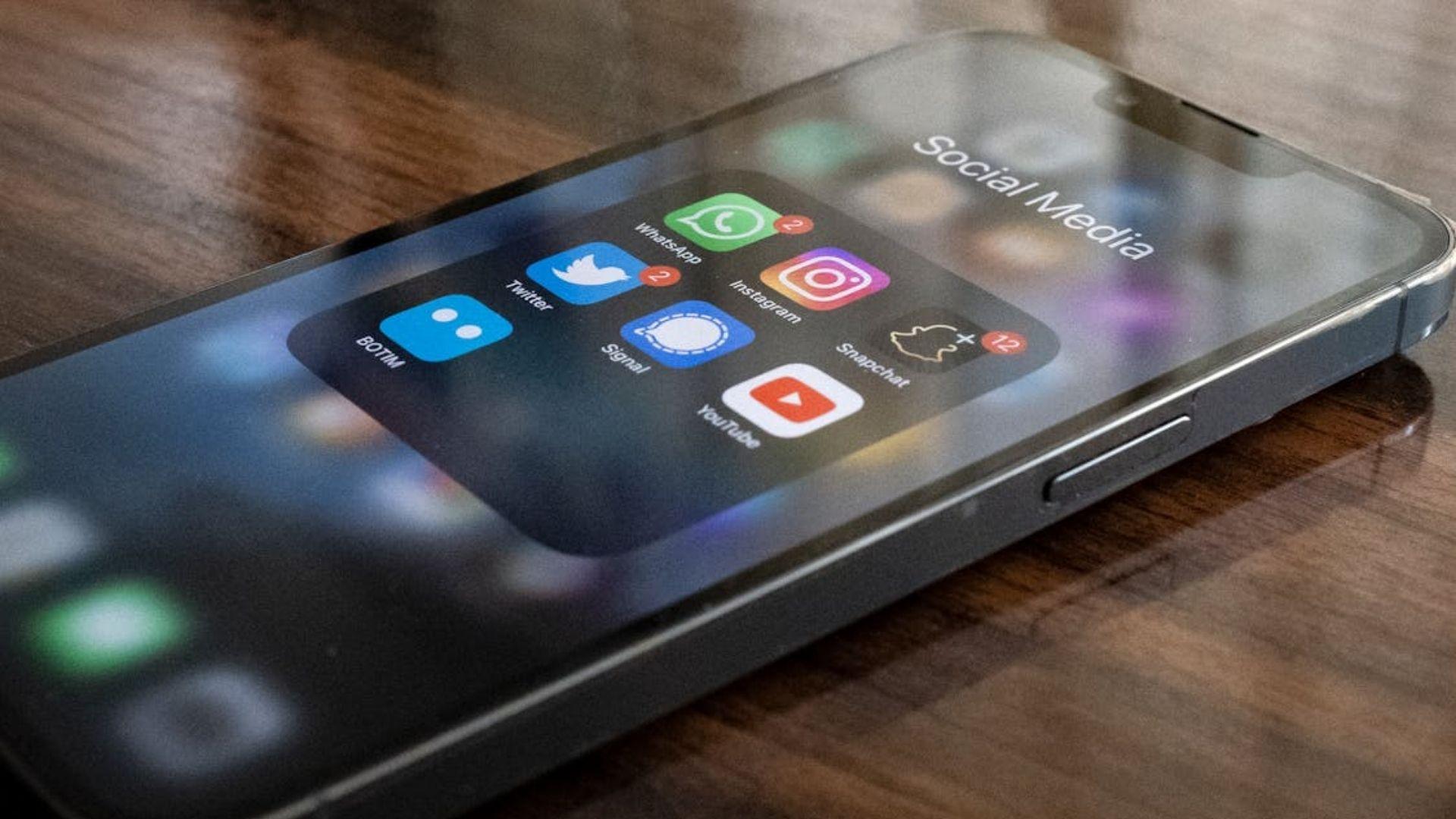
Last week, Musk closed X’s office in Brazil after de Moraes threatened to make arrests because of the company’s failure to comply with court orders.
Musk has since taken a defiant approach against the Brazilian court, but the recent ban of the site in Brazil could seriously damage the company’s standing.
Musk Issues Fiery Response
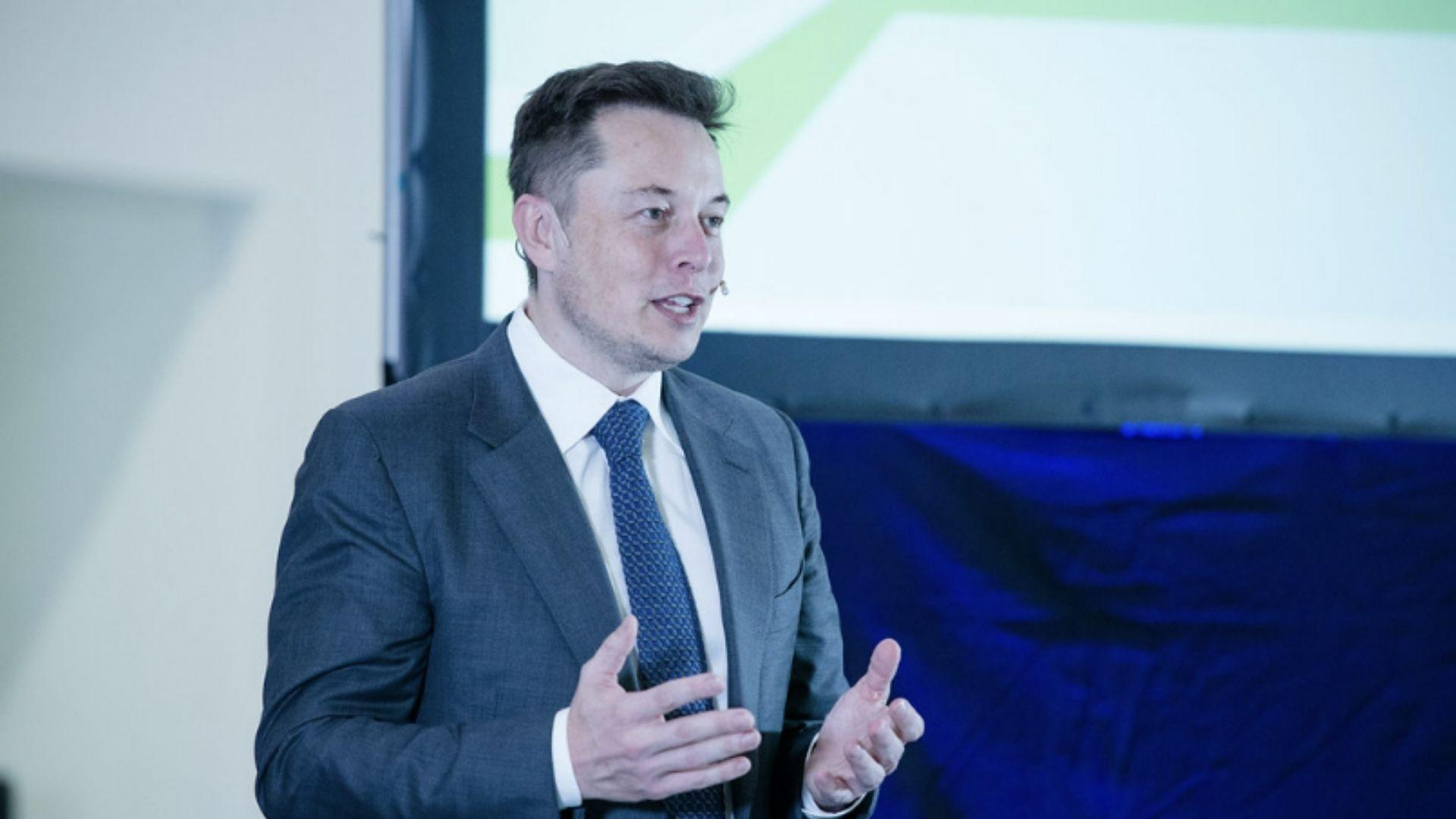
X have said they believe de Moraes’s sealed orders are illegal and say they plan to publish them.
On X, Musk posted, “Free speech is the bedrock of democracy and an unelected pseudo-judge in Brazil is destroying it for political purposes.”
Judge Goes One Step Further

Justice de Moraes did not just ban X in Brazil, but threatened heavy fines for those who tried to get around the ban.
The justice said that anyone in Brazil who tried to use X via a VPN – technology that allows you to register a device as being in a different country than it really is – could be fined nearly $9,000 a day.
de Moraes Comments in Full
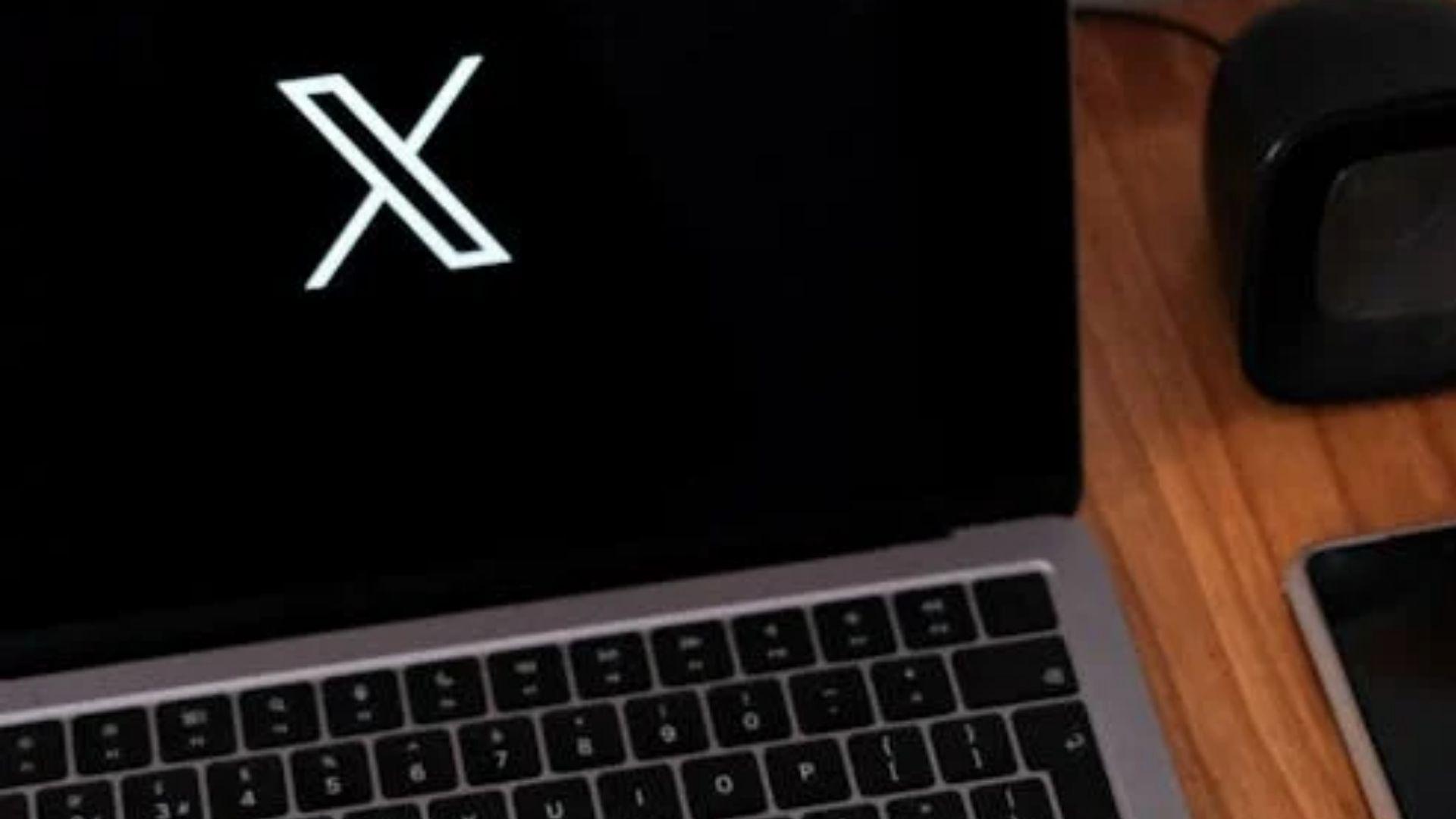
de Moraes offered a stinging condemnation of Musk in his court order – labeling him an “outlaw”.
He said that Musk wanted to “allow the massive spread of disinformation, hate speech and attacks on the democratic rule of law, violating the free choice of the electorate, by keeping voters away from real and accurate information.”
What Next For Musk?
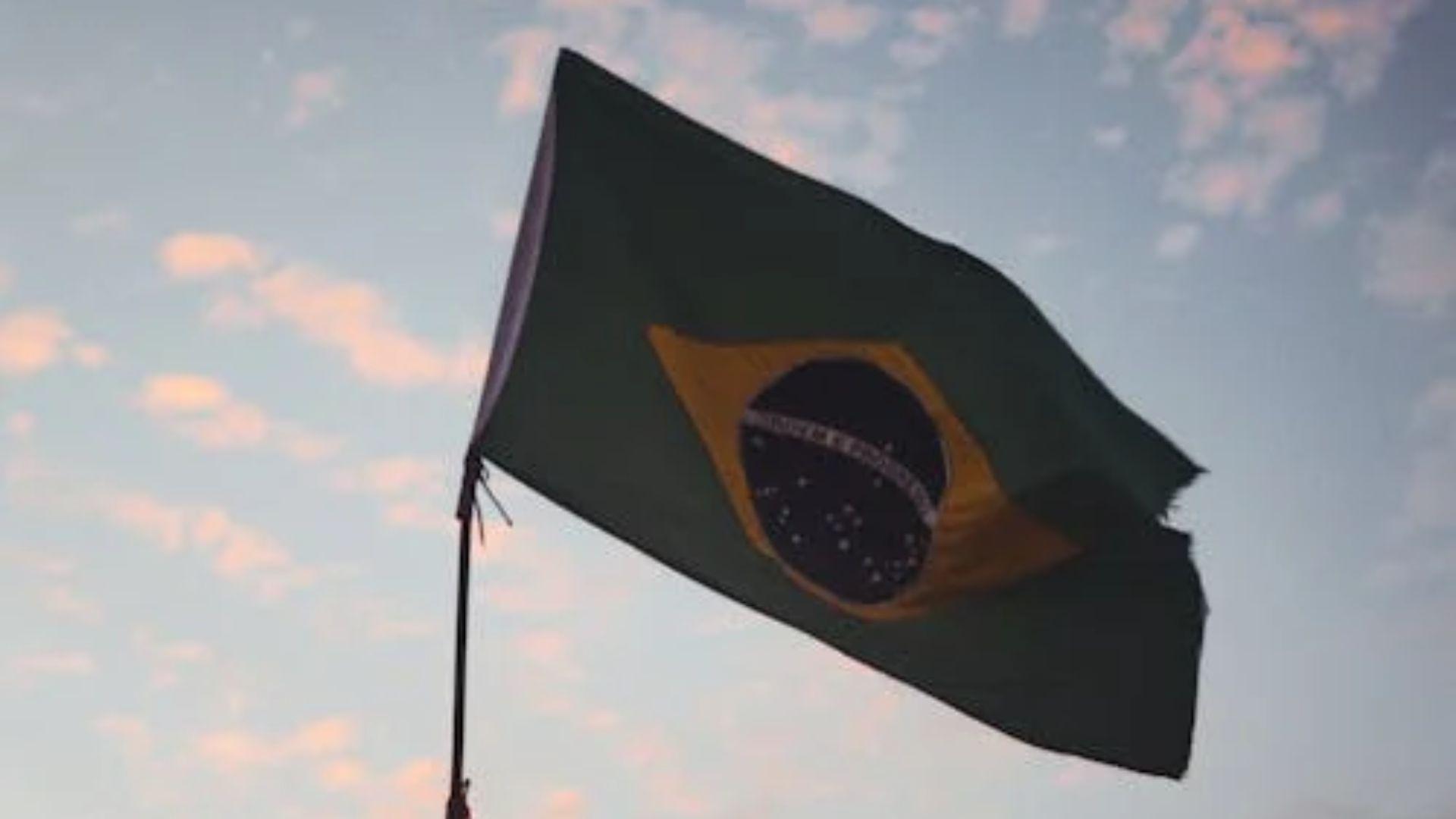
Musk has been criticising Justice de Moraes since April. Despite the hit X is taking by losing it’s Brazilian users, some believe the court order will ultimately benefit Musk.
Luca Belli, a professor based in Rio de Janeiro, said Musk “might be losing money in the short term, but he’s gaining enormous political capital.”
Who is Alexandre de Moraes?
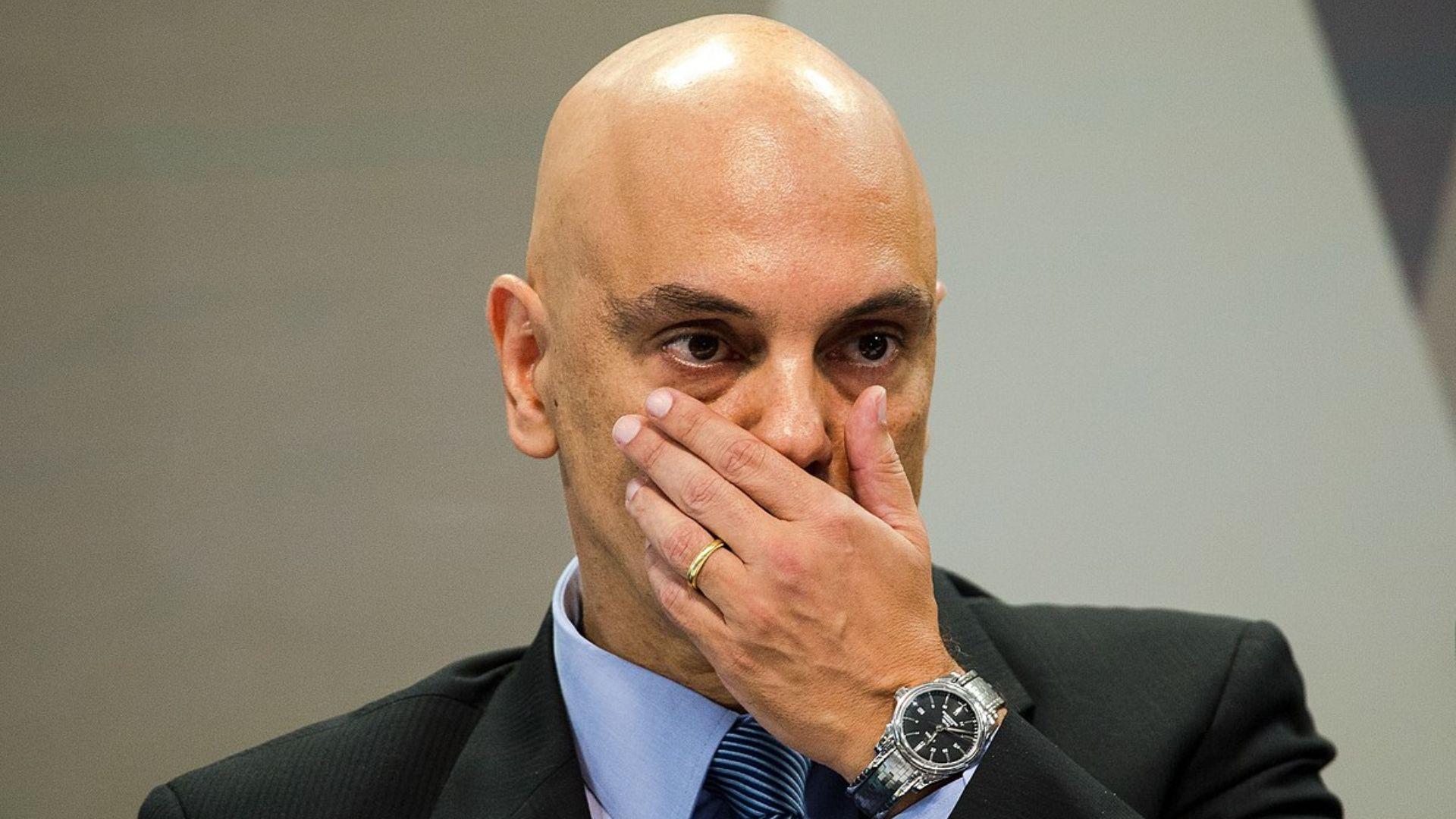
Justice Alexandre de Moraes was empowered to unilateraly take down social media accounts in the run up to the 2022 election. Since, he has ordered X to remove over 140 accounts – many of which are right-wing and spread conspiracy theories about Jair Bolsonaro’s 2022 election loss.
de Moraes has also led criminal investigations into Bolsonaro after a right-wing mob stormed the Brazilian Congress following his 2022 election loss.
How Popular is X in Brazil?
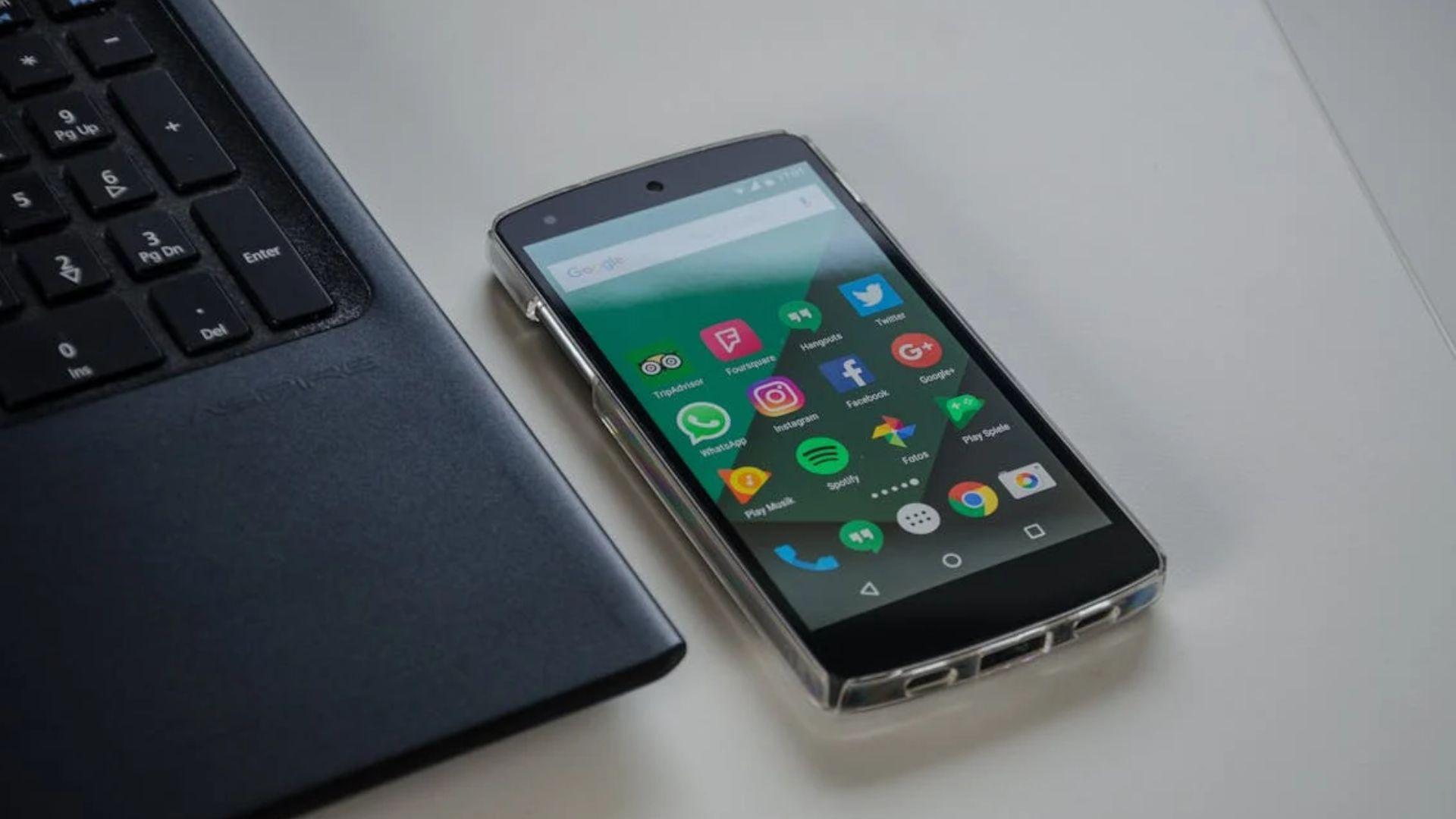
Since 2022, Brazil has ranked fourth globally for X app downloads – with more than 25 million downloads of the app.
International business has increased in importance for X since Musk took over, as advertisers in America have fled the site – citing increasing misinformation and hate speech as their reasons for doing so.
How Has Elon Musk Changed X?
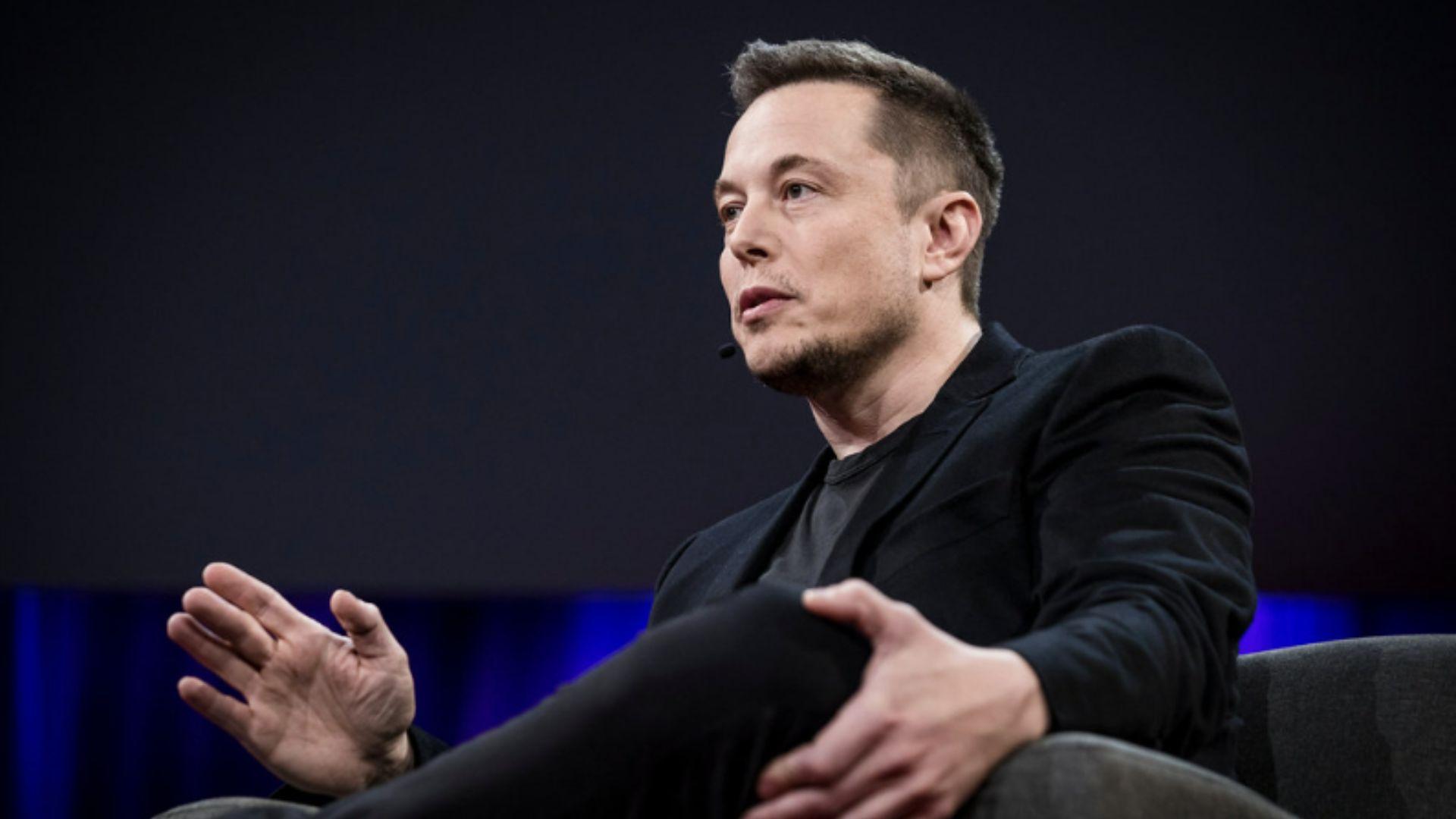
Elon Musk bought X, when it was still known as Twitter, in 2022 for $44 billion.
Since then, he has loosened speech restrictions on the site and reinstated a number of controversial accounts – including that of former President Donald Trump.
Musk’s Wavering Commitment To Free Speech
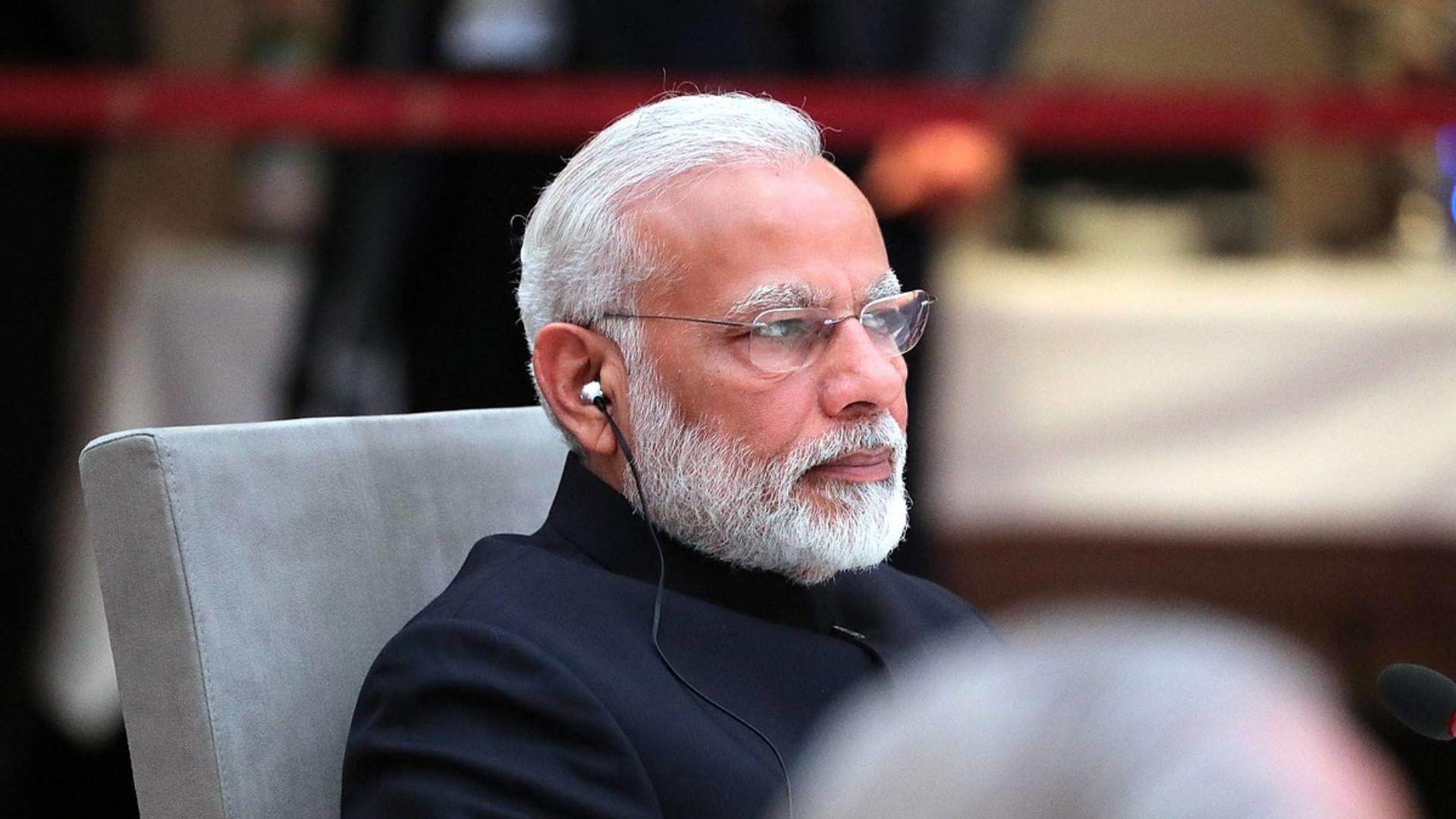
While Musk has loosened speech restrictions on the site, he has also introduced some – such as banning use of the term “cisgender”.
Under Musk’s leadership, X has also complied with demands from the Indian Government to withhold accounts critical of Prime Minister Narendra Modi.
China’s Great Firewall: Pioneering Social Media Bans

China implemented widespread social media bans in 2009. The government blocked Facebook, Twitter, and YouTube.
This move aimed to control information flow and maintain political stability. China’s “Great Firewall” became a model for other countries’ internet censorship.
Iran’s Response to 2009 Green Movement Protests

Iran blocked Twitter and Facebook during the 2009 election protests. The government feared these platforms facilitated anti-regime organizing.
This ban has largely remained in place since then. Iranians often use VPNs to access blocked social media sites.
Turkey’s On-and-Off Relationship with Twitter Bans
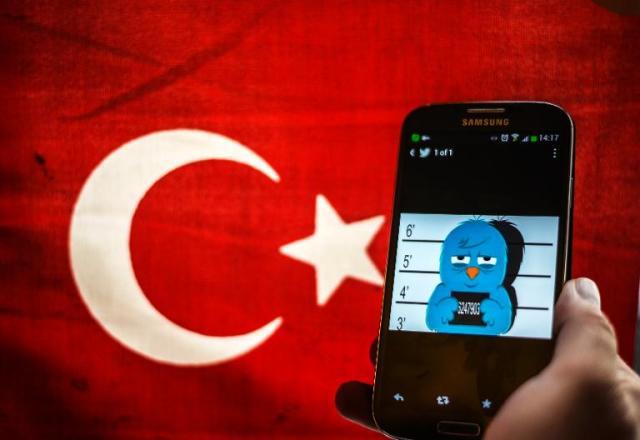
Turkey first blocked Twitter in 2014 amid corruption allegations. The ban lasted two weeks before a court overturned it.
Turkey has since intermittently restricted access during political crises. In 2020, Turkey passed a law increasing control over social media companies.
Russia’s Escalating Social Media Restrictions Post-2014
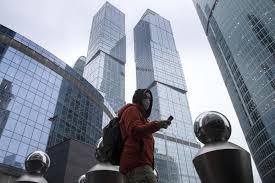
Russia began restricting social media after the 2014 Ukraine crisis. The government blocked LinkedIn in 2016 for data localization issues.
Facebook and Instagram were banned in 2022 following the invasion of Ukraine. Russia now promotes domestic alternatives like VKontakte.
India’s TikTok Ban Amid Border Tensions
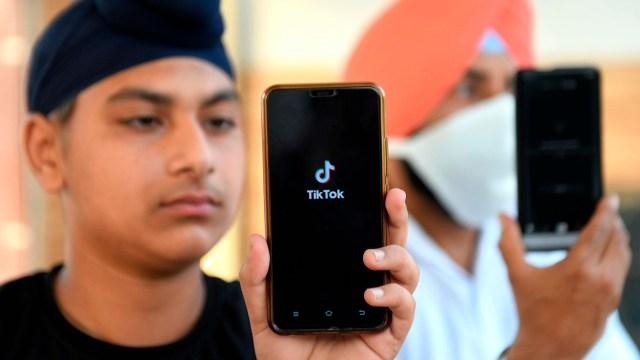
India banned TikTok and 58 other Chinese apps in 2020. This decision followed border clashes with China in the Himalayas.
The ban affected 200 million Indian TikTok users. It sparked a surge in domestic social media app development.
Orkut: Google’s Early Social Network Experiment Ends
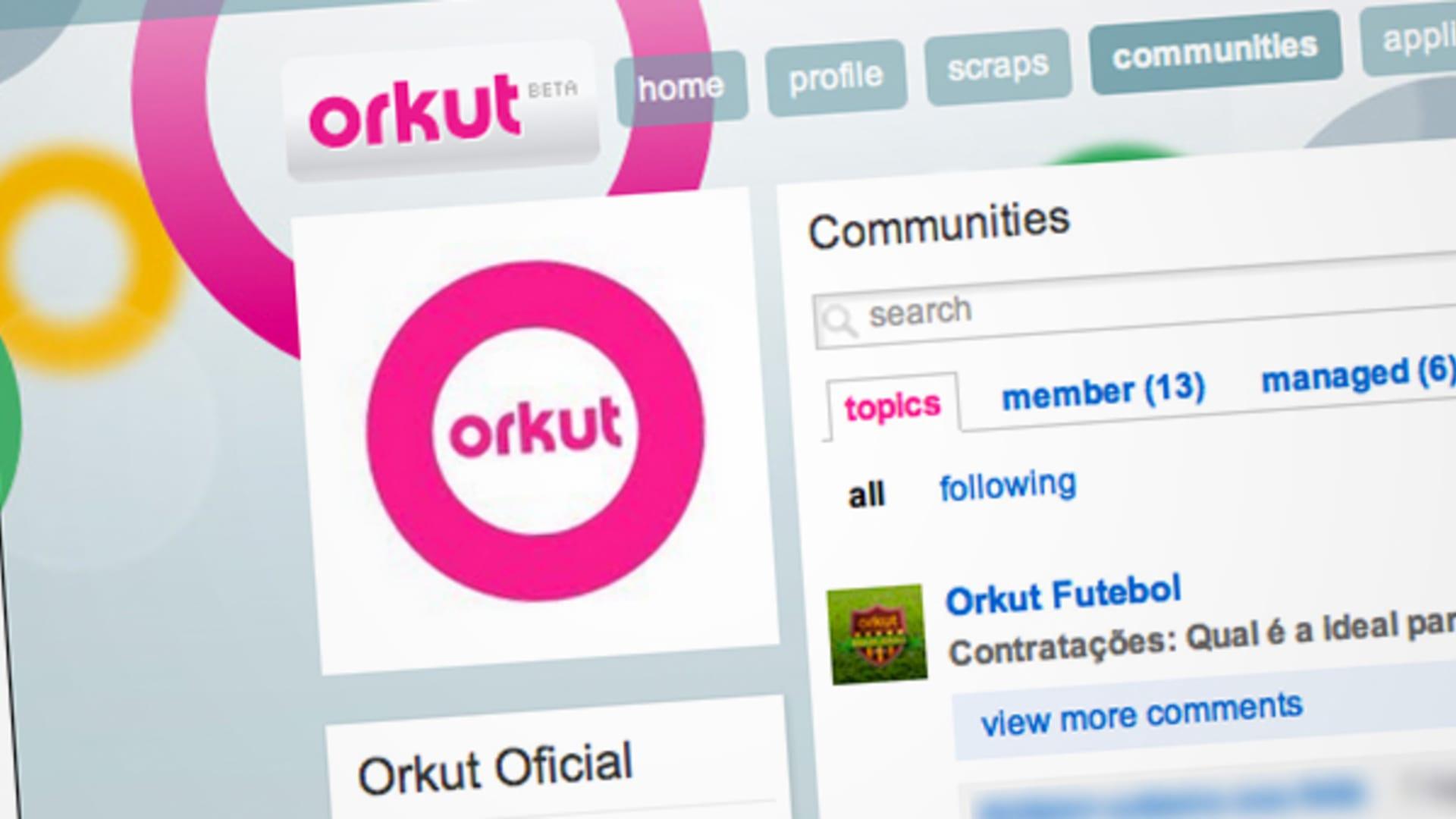
Google launched Orkut in 2004 as its first social networking attempt. The platform gained massive popularity in Brazil and India.
Orkut reached 300 million users at its peak in 2011. Google shut down Orkut in 2014 due to declining user engagement and competition from Facebook.
Friendster: Pioneer of Social Networking Fades Away
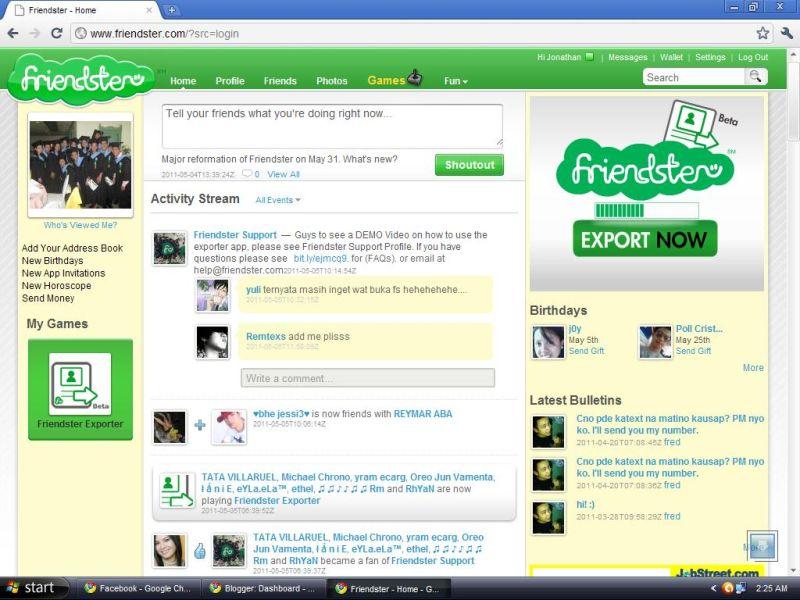
Friendster, founded in 2002, was one of the first modern social networks. It amassed over 115 million users worldwide by 2008.
The platform struggled to compete with emerging rivals like MySpace and Facebook. Friendster ceased operations as a social network in 2015 after several attempts at rebranding.
Google+: Tech Giant’s Failed Facebook Challenger Closes
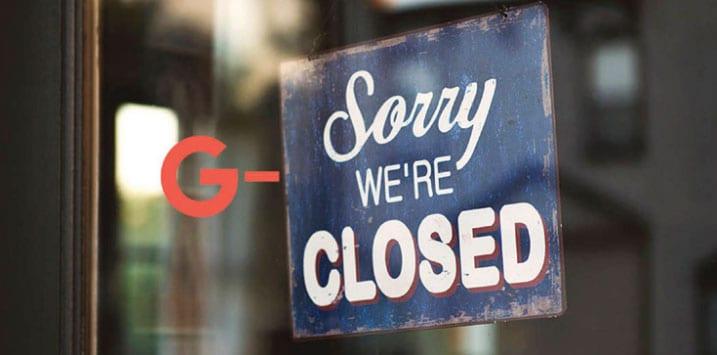
Google launched Google+ in 2011 as a direct competitor to Facebook. The platform integrated with other Google services and reached 540 million active users.
Despite initial growth, user engagement remained low compared to rivals. Google shut down Google+ for consumers in 2019 following data privacy concerns.
Vine: Twitter’s Short-Form Video Platform Withers
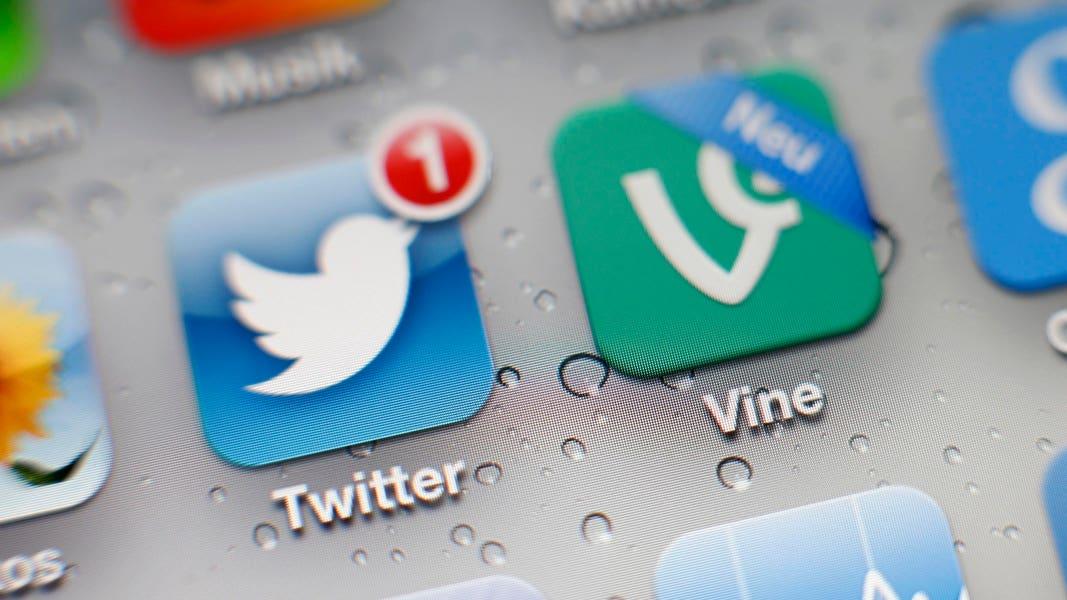
Twitter launched Vine in 2013, allowing users to create 6-second looping videos. The platform quickly gained popularity, reaching 200 million active users by 2015.
V struggled to monetize and compete with emerging video platforms like Instagram and Snapchat. Twitter discontinued the Vine app in 2016, although it briefly resurfaced as Vine Camera.
Club Penguin: Disney’s Virtual World for Kids Closes

Disney acquired Club Penguin in 2007, a popular virtual world for children. The platform reached 200 million registered users at its peak in 2013.
Club Penguin faced declining engagement as mobile gaming grew in popularity. Disney shut down the original Club Penguin in 2017, replacing it with a mobile version that also closed in 2018.


